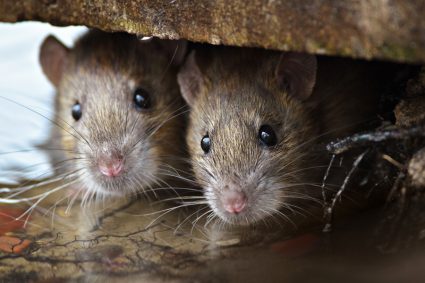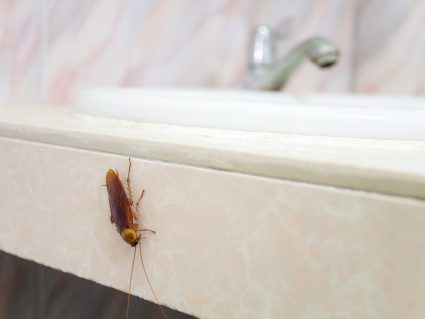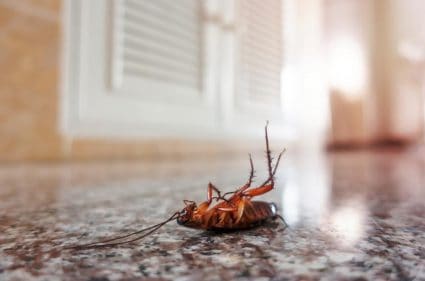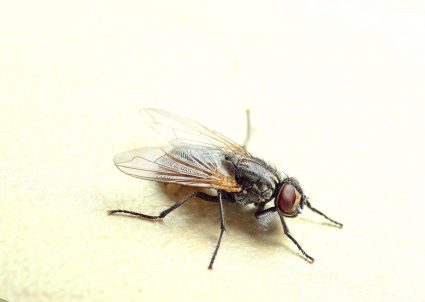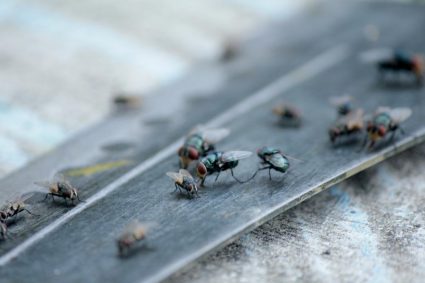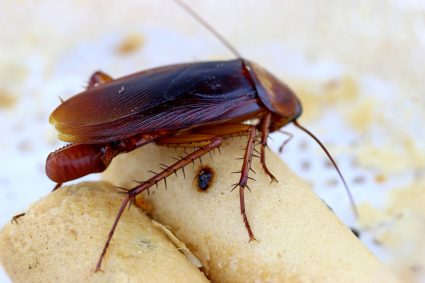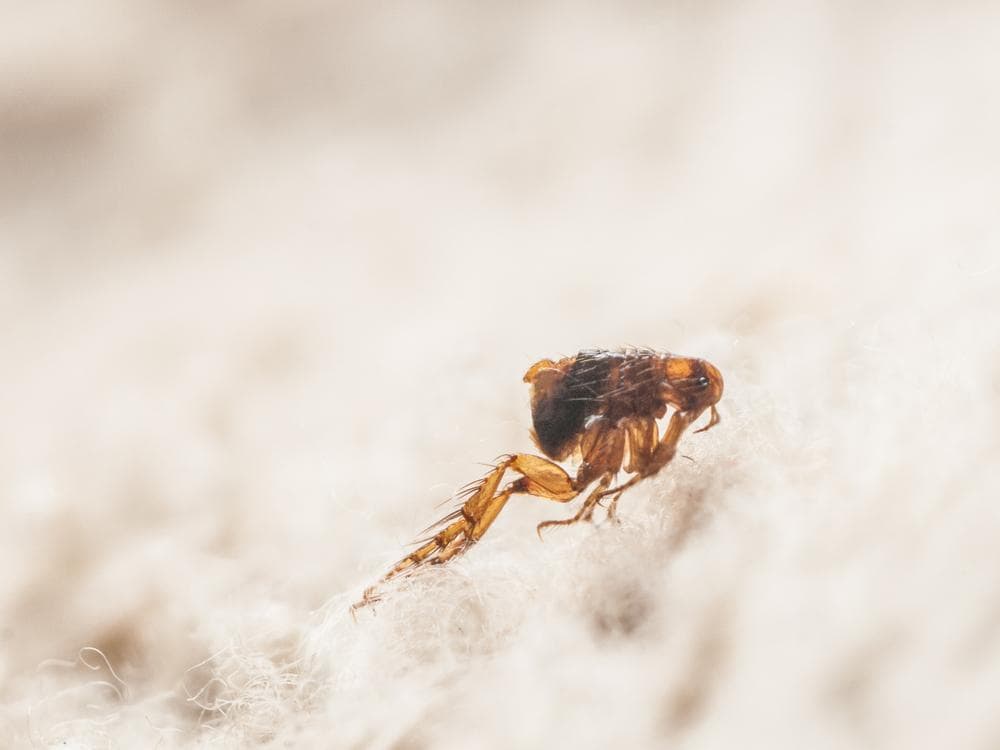
Fighting a flea infestation in your home can feel like a never-ending battle. You’ve treated your pets, you’ve treated your home, but the question remains: how long does it take for fleas to die after treatment?
In general, it takes about 24-48 hours for fleas to die after being treated. However, due to the flea life cycle, you may still find fleas for up to four weeks after treatment as eggs and pupae may have escaped the insecticide treatment and are now emerging as adults. The exact length of time will depend on the severity of the infestation and the methods used for treatment.
Understanding The Flea Life Cycle
Before we delve into the specifics, it’s essential to understand the flea life cycle. Fleas go through four stages: egg, larva, pupa, and adult. Adult fleas lay eggs on your pet, which can then fall off and spread throughout your home. These eggs hatch into larvae, then pupate and eventually emerge as adult fleas, ready to feed on your pet and lay more eggs.
How Long Does It Take For Fleas To Die After Treatment?
Generally, it takes 24-48 hours for fleas to die after being treated. However, you may still find fleas for up to four weeks after treatment, as eggs and pupae may have escaped the insecticide treatment and are now emerging as adults. The exact length of time will depend on the severity of the infestation and the methods used for treatment.
Types of Flea Treatments
There are various flea treatments available, and their effectiveness depends on the type of treatment and how it is used. Some common flea treatments include:
- Flea collars: Good flea collars can be very effective and can last for several months.
- Flea bombs: While they might seem like a quick fix, flea bombs are not considered an effective solution for indoor flea infestations.
- Flea traps and sprays: Flea traps are more useful as monitoring tools rather than control tools. Consumer spray products can kill fleas, but they should not be relied upon solely for flea control.
- Flea shampoos: Flea shampoos can be effective at killing adult fleas and preventing them from returning. However, they may need to be used as often as every one to two weeks.
- Topical flea and tick treatments: These treatments are very effective at covering the dog’s entire body and killing and repelling fleas for several weeks before reapplication is needed.
- Oral flea and tick medications: Flea pills can be a very effective method for getting rid of fleas on dogs.
Environmental Factors
The environment and other factors can affect the time it takes for fleas to die after treatment. Factors such as humidity, temperature, and the severity of the infestation can influence the effectiveness of flea treatments.
Signs of Successful Treatment
Signs that a flea infestation has been successfully treated include no more excessive scratching or biting by your pet, no more flea dirt (dark specks that look like pepper) in your pet’s fur, and no more adult fleas, larvae, or pupae found in your home or on your pet.
Precautions and Follow-Up Steps After Treatment
After treating a flea infestation, it is essential to take precautions and follow-up steps to prevent re-infestation and ensure the effectiveness of the treatment. This involves regular cleaning, treating pets, follow-up treatments, vacuuming frequently, washing pet belongings, treating outdoor areas, and maintaining flea treatment on pets.
Conclusion
In conclusion, the process of eliminating fleas from your home and pet can be a lengthy one, requiring patience and persistence. However, with the right combination of treatments, a thorough cleaning routine, and regular follow-ups, you can successfully rid your home of these pesky pests and keep them from returning.
Frequently Asked Questions
Can fleas live on humans?
No, fleas cannot live on humans. They may bite humans if they are present in the environment, but they cannot infest them as they do with pets. Fleas prefer feeding on furry animals, where they can hide, lay their eggs, and complete their life cycle.
Can fleas survive in cold weather?
Yes, fleas can survive in cold weather but not freezing temperatures. Fleas in the pupal stage can remain dormant and survive in cooler weather until conditions are conducive for them to emerge as adults.
Can I get rid of fleas by just treating my pet?
Treating your pet is an important step in flea control, but it is not enough to completely eliminate fleas from your home. Flea eggs, larvae, and pupae can be present in your home and yard, so it’s essential to treat these areas as well.
Can fleas become resistant to flea treatments?
Yes, like many pests, fleas can become resistant to certain insecticides over time. This is why it’s important to rotate the types of flea treatments you use and consult with a vet or pest control professional if you’re having trouble controlling a flea infestation.
Are natural flea treatments effective?
Some natural flea treatments can help in controlling fleas, but they may not be as effective as traditional chemical treatments. Always consult with a vet before using any flea treatment to ensure it’s safe and effective for your pet.

